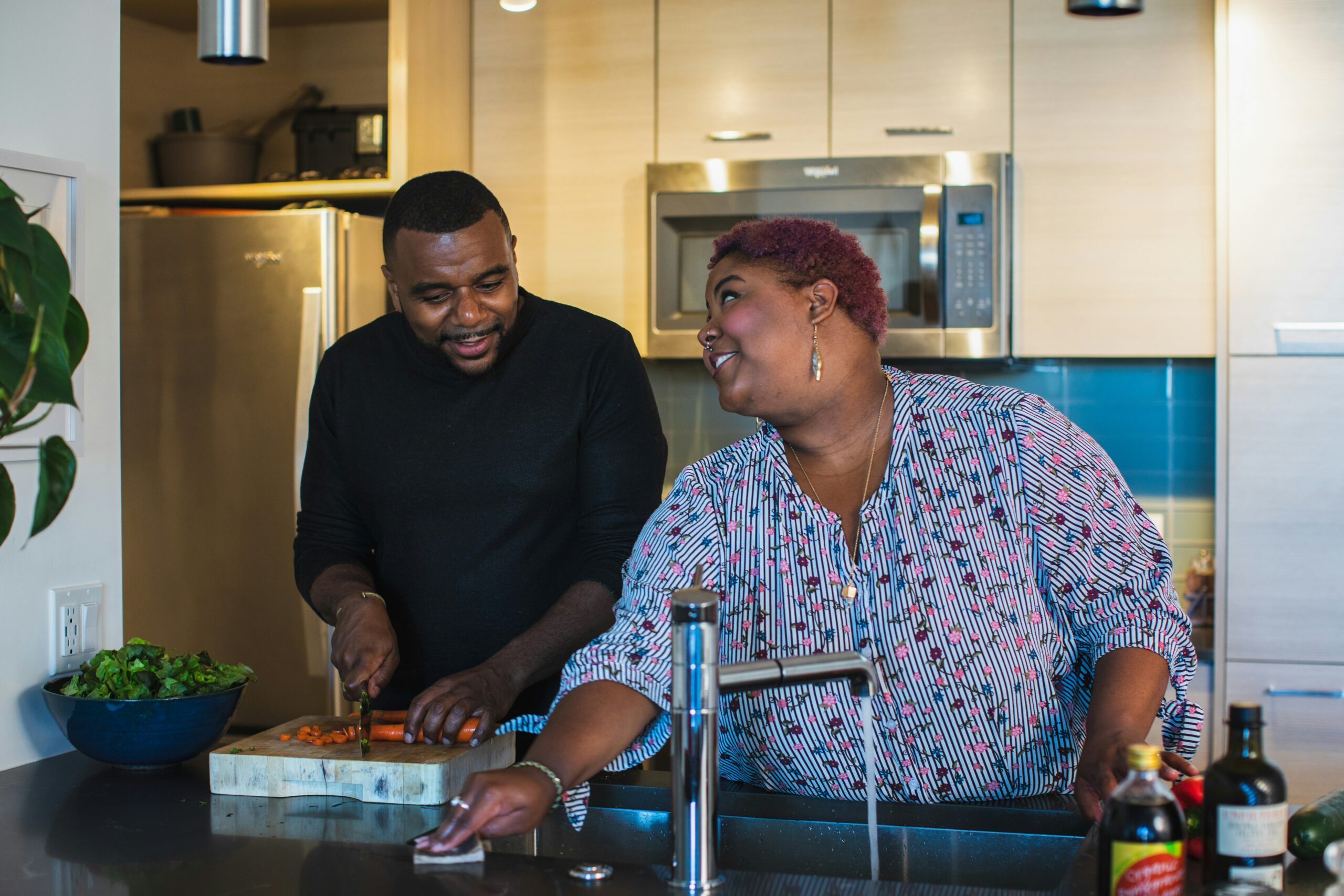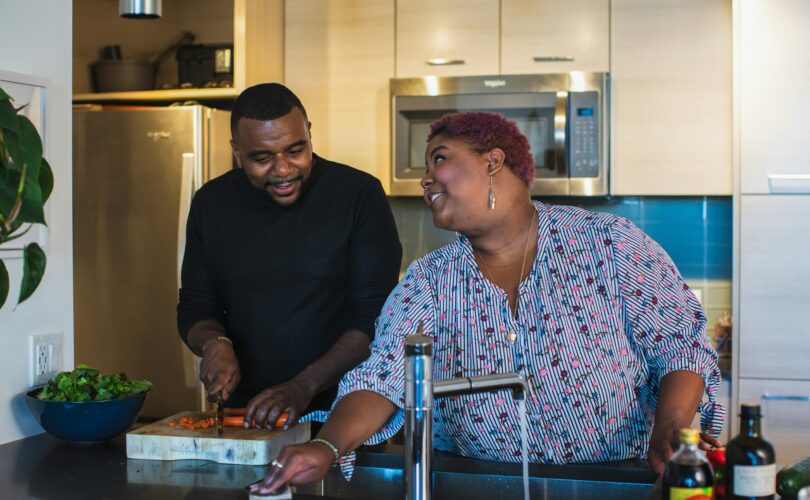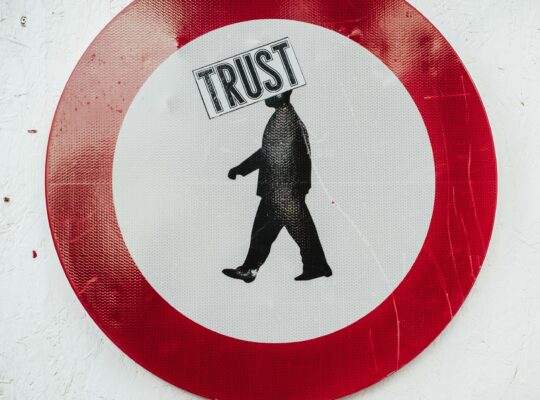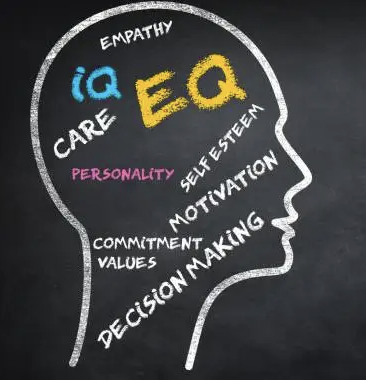
Empathy in relationships is a powerful force. It goes beyond simply hearing your partner’s words—it’s about truly understanding and connecting with their emotions. When empathy is present, it strengthens the bond between partners, fostering trust, intimacy, and healthier communication. Empathy can transform arguments into opportunities for growth and bring you closer during challenging moments. Understanding why empathy is crucial and how to practice it can help create a deeper, more fulfilling relationship.
What is Empathy in Relationships?
Empathy in relationships means truly tuning in to your partner’s feelings and experiences. It’s not just about hearing their words but understanding the emotions behind them. Cognitive empathy involves seeing their perspective, while emotional empathy is feeling what they feel. Both types deepen emotional connections.
Why Empathy Matters
Empathy in relationships creates trust and emotional safety. When your partner feels understood, they’re more likely to open up. This openness leads to stronger communication, which is the backbone of any lasting partnership. Empathy is linked to relationship satisfaction and resilience. Research by Dr. John Gottman highlights that successful couples show empathy during both positive and conflict-laden moments. Empathy is a fast track to emotional intimacy. When both partners show empathy, the relationship becomes a safe space. You can express vulnerability without fear of judgment, deepening the bond and strengthening love. For more on how empathy builds emotional intimacy, visit Psychology Today.
Practicing Empathy Daily
Empathy in relationships isn’t just for big moments; it’s an everyday practice. Start by actively listening. That means putting down your phone, making eye contact, and focusing on what your partner is saying. Respond with validation, even if you don’t fully agree: “I can see why you felt that way.”
Nonverbal cues also matter. A gentle touch or a concerned expression shows that you’re tuned in. These small moments build empathy over time.
Challenges to Empathy
Sometimes, empathy in relationships is hard. Stress, tiredness, or personal triggers can block our ability to empathize. Recognize when this happens. If you’re too reactive, take a moment. Breathe. Come back to the conversation when you’re ready to be fully present
Self-awareness helps. It’s easier to show empathy when you understand your own emotions. For help improving emotional awareness, visit Greater Good Science Center.
Empathy During Conflict
Empathy in relationships shines brightest during conflicts. Arguments can escalate fast when both partners just want to be heard. Shift this by actively listening and putting yourself in your partner’s shoes. Ask questions like, “What’s really bothering you?” Repeat what you’ve heard: “So, you’re saying you felt left out?” These approaches can help de-escalate tension and foster productive conversations.
Building Empathy Together
Make empathy in relationships a shared goal. Try exercises like “mirroring,” where one partner talks and the other repeats what they heard. This practice helps you get better at understanding each other’s perspectives. Weekly check-ins are also helpful. Take turns sharing how you’ve felt during the week and what could improve.
When Empathy is Missing
Relationships suffer when empathy is absent. You might notice more misunderstandings or feel distant. If this sounds familiar, don’t panic. Empathy is a skill, and it can be developed. Books, workshops, and therapy can guide couples in rebuilding empathy. Explore resources on relationship empathy here.
Final Thoughts: Empathy as a Love Language
Empathy in relationships isn’t just a nice-to-have—it’s essential. It builds trust, nurtures emotional intimacy, and creates a space where both partners feel safe. Start small. Practice listening more and responding with compassion. With time, empathy will become second nature and strengthen your relationship more than you might imagine!








[…] we’re juggling careers, friendships, relationships, or personal goals, it’s easy to overlook the importance of tending to our emotional needs. But […]